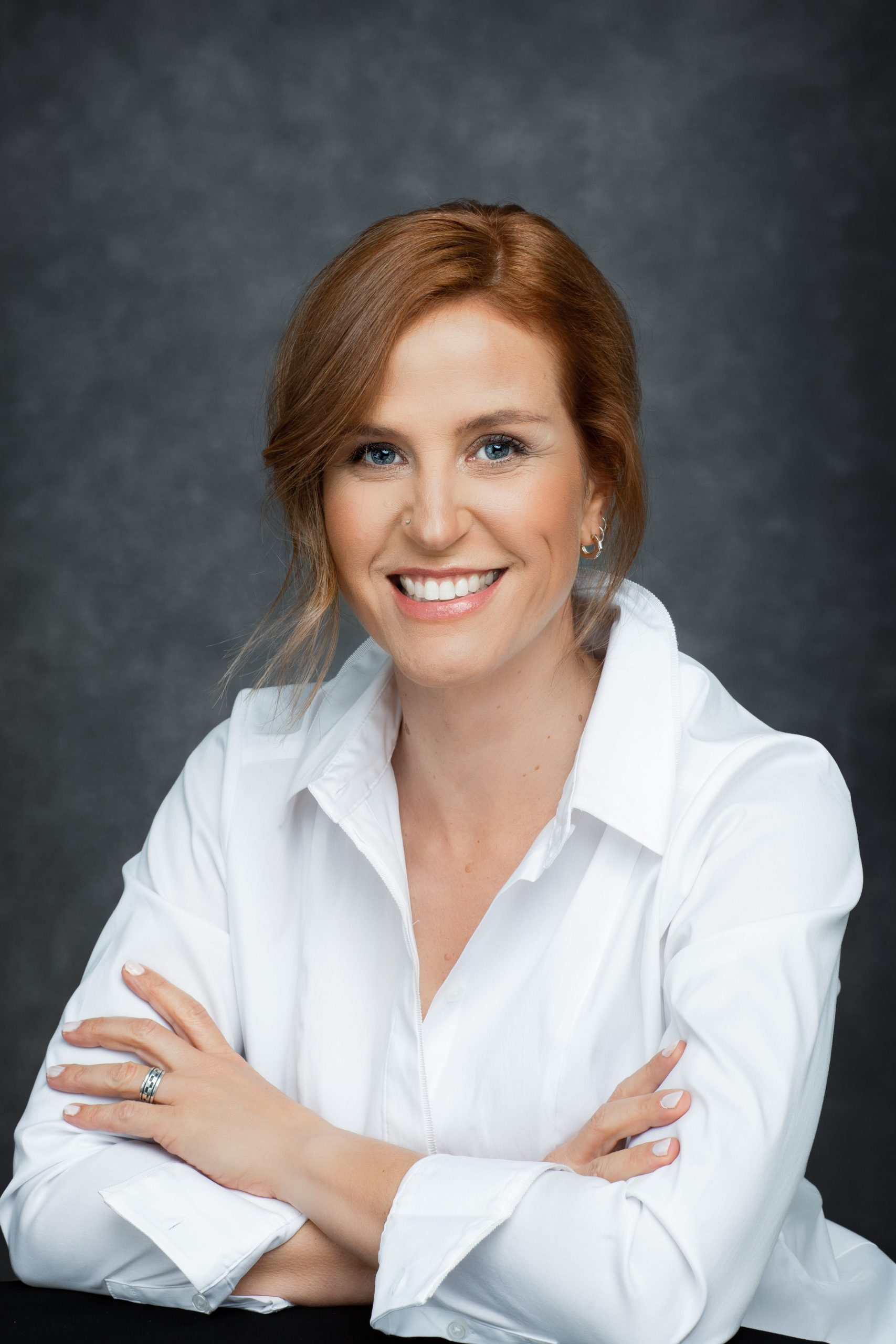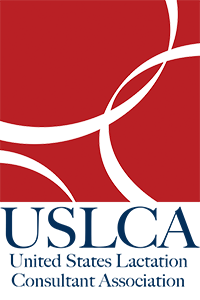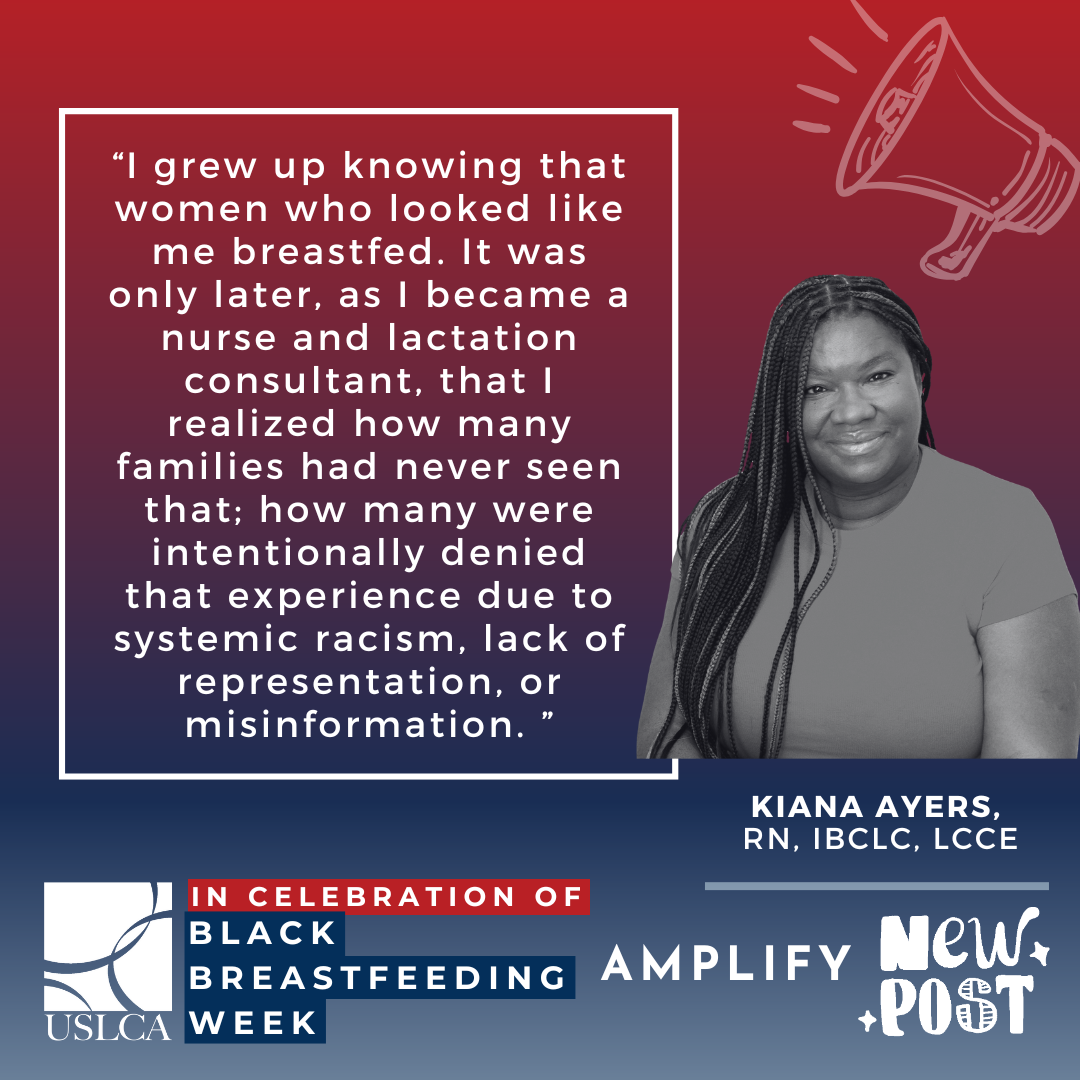A New Paradigm in Lactation Care.
By Rachel Curtis, MA, IBCLC, CD labor
 A new day is dawning in the world of clinical lactation care, as insurance companies expand coverage to IBCLCs.
A new day is dawning in the world of clinical lactation care, as insurance companies expand coverage to IBCLCs.
We lactation care providers are a hardy bunch. We occupy the gritty and obscured depths of the postpartum struggle to attain the long-lost art of human milk feeding, where parents question nothing less than their identity and worth and babies must be carefully supported through the results of pathologic birth, compromised anatomy, or simply being misunderstood. This work is not for the faint of heart.
Too often, the expectation of lactation care consists of being called to full-blown crisis, taking histories cold and crafting multi-factorial feeding plans that fit within the capabilities of a family that is physically and emotionally depleted. Yet a better future is within sight: as our services become more commonly covered by health insurances: we can not only look forward to broadening our reach beyond families of financial means but also to building sustainable careers in our communities all while being able to completely rethink lactation care as we know it.
A lactation clinic in Wilmington, Delaware, offers a vision of what our profession might aspire to. We have standardized prenatal consultations, first visits at five to seven days postpartum, and a minimum of four or more weekly visits thereafter. Sessions continue as needed until couplets are healthy, safe, and confident in feeding.
In this model of care, we have the gift of time. We are not obligated to burden parents with the impossible task of learning weeks worth of knowledge in a single session. We can work on one issue at a time, feeding the baby by bottle or breast, milk or formula, with the luxury of returning later to latching and direct feeding. We can free parents to focus on growth and weight gain—often their biggest concerns—because we will be there week after week to advance their goals as they are ready to work on them.
As clinicians, we have an unprecedented opportunity to grow our skills. Multiple follow-ups give us the flexibility to test interventions and learn from the results. They allow us to re-evaluate our earliest observations—was that lingual frenulum indeed the critical factor impeding milk transfer? Or was that baby able to achieve full mobility after bodywork? Or was it simply a matter of maturing and development?
Critically, while access to insurance can speed our growth in this direction, this model was built at Balanced Breastfeeding on a fee for service basis. Moreover, building lactation care into existing practices, such as obstetrics, pediatrics, or birth centers, has been a viable path to standardizing lactation care across the country. We do not have to wait for insurance companies before we can reshape standards and expectations.
Imagine this scenario, and compare it to the constraints of either inpatient or “emergency” one-time, fee-for-service postpartum consulting that so many of us are bound by. Aside from our clinical expertise, our mental health and job satisfaction also stand to improve monumentally.
These potential advances are to say nothing of the benefit to what underlies so much of our work—the relationships of trust we build with families. In most instances, the lactation consultant is the only provider treating the dyad as a whole, considering how each affects the other. We are positioned to be a companion through the journey, filling significant gaps in care, making relevant referrals, and appreciating the transition to life postpartum. We can be the ear that hears concerns from dynamics within the extended family to pelvic floor health; we can bear witness to the blossoming of a vulnerable, fragile patient to a confident, self-assured parent.
There is a new paradigm in lactation care, and it is cause for celebration—for ourselves, for our professions, and for breastfeeding families. As more patients have access to insurance that covers breastfeeding support, we can reimagine the depth and quality of our care; care that is calmer, continuous, and truly comprehensive.
About Rachel:
I have been accompanying new families through the realm of birth and breastfeeding for six years, first as a labor doula and CLC in El Paso, Texas where I became a widely trusted community resource as The Desert Doula. My recruitment by a labor and delivery unit to be the region’s first and only hospital-based doula opened the door to earning my IBCLC credential, which I completed in 2020. I joined the Balanced Breastfeeding team in August 2022.



